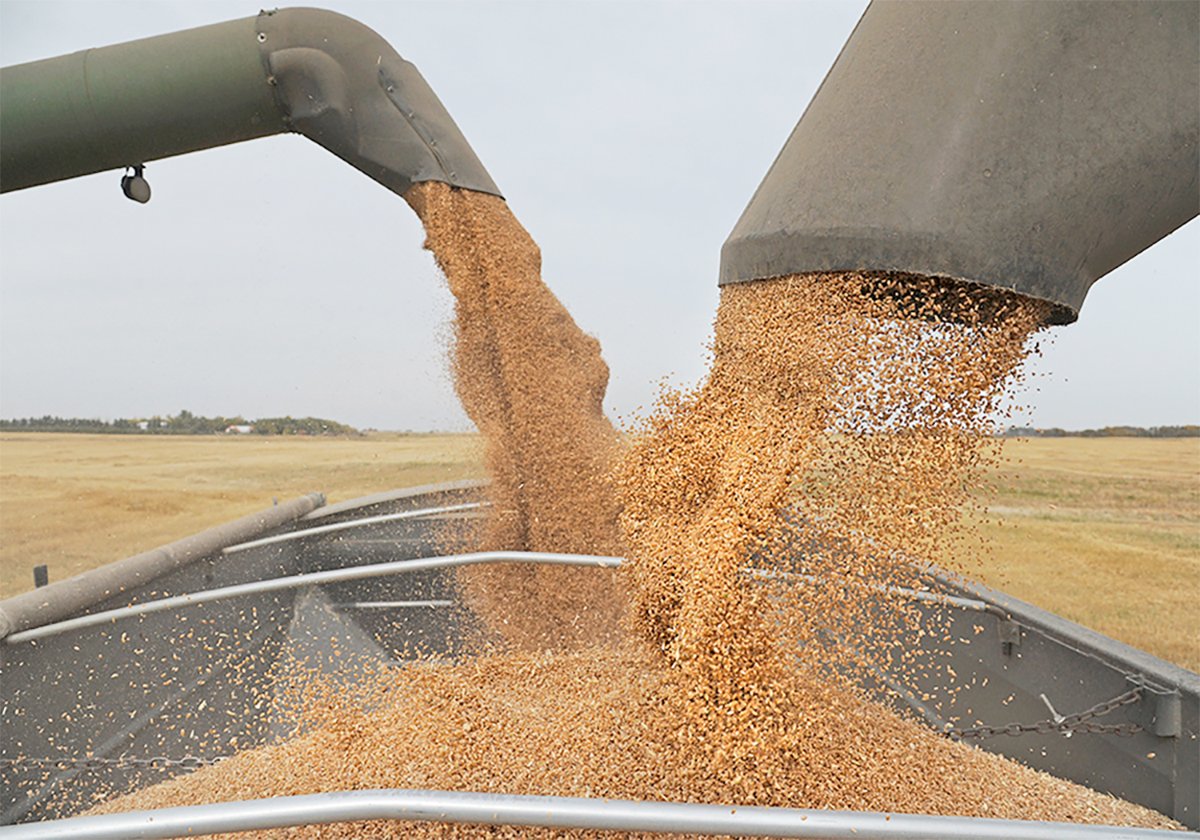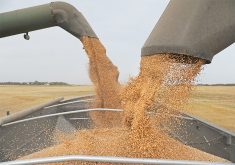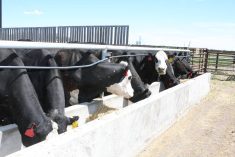CANADA’S request for consultations with the United States at the World Trade Organization on subsidies provided to U.S. corn growers is a welcome display of backbone on the trade front.
It gives the Americans notice that Canada will not accept the status quo as the U.S. Congress begins to design a new farm bill.
There is danger that the deadlocked Doha round of WTO negotiations and the election of a subsidy-friendly, Democratic-controlled Congress could lead to a new farm bill that locks in more of the same for another five years.
Read Also

Agriculture productivity can be increased with little or no cost
There’s a way to enhance agricultural productivity with little or no cost. It doesn’t even require a bunch of legislative changes.
The 2002 version delivered between $12.5 and $21 billion US per year since it was implemented.
Countries are lining up to join Canada’s action. Brazil, Argentina, Australia, the European Union, Guatemala, Uruguay, Thailand and Nicaragua have all asked to join the consultations.
Brazil sees the consultations as an opportunity to push open a door it has previously cracked in an action that focused on cotton subsidies, but also challenged wider aspects of U.S. farm spending.
Brazil won its case, but suspended its pressure on the U.S. on the expectation that its objections would be addressed in a new WTO agreement. With the Doha negotiations now on the rocks, Brazil is again pushing its case against the U.S.
Canada’s case will add to the momentum. In the past two years, U.S. corn subsidies have averaged almost $9 billion per year and have caused distortion of Canadian corn prices. The subsidies encourage corn production in the U.S. and help make Canadian imports of U.S. corn inexpensive.
More importantly, the complaint also says that in some years U.S. trade-distorting domestic subsidies on a range of commodities, including corn, wheat soybeans and sugar, have exceeded that allowed by the WTO. This aspect goes beyond corn to challenge parts of the farm bill itself.
The case also gives ammunition to Americans who believe the farm bill must change, including agriculture secretary Mike Johanns. Congress, not Johanns, has most of the power in farm bill design, but he is already drawing attention to the Canadian complaint in speeches arguing for change.
Canada’s livestock sector might worry about the potential to increase the price of imported feed, but the slow pace of WTO challenges means any possible impact on corn prices is years away. Even then, the bigger issue of unfair subsidization must take precedence over any single sector’s worries.
Segments of U.S. agriculture are happy that the WTO talks are blocked. They represent a major political impediment to getting talks back on track.
Canada’s action should help them realize that it would be better to have a successful Doha WTO agreement than a series of challenges that may lead to trade wars.
Bruce Dyck, Terry Fries, Barb Glen, D’Arce McMillan and Ken Zacharias collaborate in the writing of Western Producer editorials.














